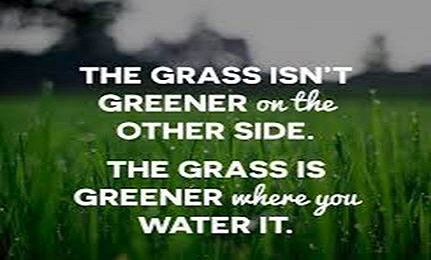THE HIDDEN SKILLS EMPLOYERS REALLY WANT

Employers are not only looking for people with the right qualifications and skills, they also value and look out for people who have ‘soft skills’. The unique qualities that ‘make you who you are’ and the value you bring to the table as a person is just as important as highlighting the academic and technical skills and experience you have.
The difference between hard skills and soft skills is that hard skills can be taught, unlike soft skills which make a person who they are. 77% of employers say ‘soft skills’ are just as important as hard skills.
To give yourself the best opportunity to grow your career, move from job to job or across different industry sectors, it’s important to recognise the soft skills you have, how best to communicate that to a prospective employer and what else you can do to further improve your soft skills to continually grow and dramatically enhance your career or job opportunities.
Research with Fortune 500 CEOs by the Stanford Research Institute International and the Carnegie Melon Foundation, found that 75% of long-term job success depends on people skills, while only 25% on technical knowledge.
What Are Soft Skills?
Soft skills are more social than technical, and reflect a person’s ability to accept feedback, maintain organisation, problem solve, and collaborate with others.
While technical skills on your resume may score you an interview over the phone or in person, they’re vital to keeping the job once you have it, and can be transferred to any other job or career. Research from the National Soft Skills Association reports that 85% of job success comes from having well-developed soft skills.
Generally, ‘Soft’ Skills are considered to have the following 3 characteristics:
- The skill is portable and valuable to future employers. Since soft skills are all about interpersonal effectiveness, inner strength, and work ethic, these qualities add immense value to your career as you work with a variety of people. Strong soft skills will help you move from job to job, industry to industry.
- There is no correct way to master the skill. Different from hard skills that require consistent and specific techniques, the effectiveness of a soft skill relies on your emotional state, the type of people you’re working with, and your willingness to learn and contribute.
- You will never fully master the skill. Because soft skills focus on relationships with others and self-management at work, you’ll never fully master it, simply because you’re always growing. If you feel like you’ve mastered a specific soft skill, you’re due for new tasks that push you to learn more.
We are finding more and more employers are focusing on ‘soft skills’ when they consider their next great hire. Our assessment of candidates for jobs is increasingly focused on the following ‘soft’ and interpersonal skills to successfully match employers with the right candidates.
- Communication Skills
- Problem Solving Skills
- Team Work and Collaboration
- Self-Awareness
- Emotional Intelligence
- Conflict Resolution
- Patience
- Adaptability
- Project Management
- Empathy



